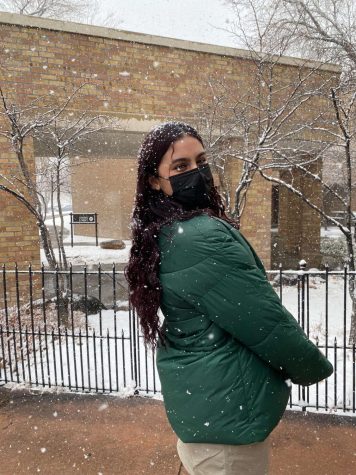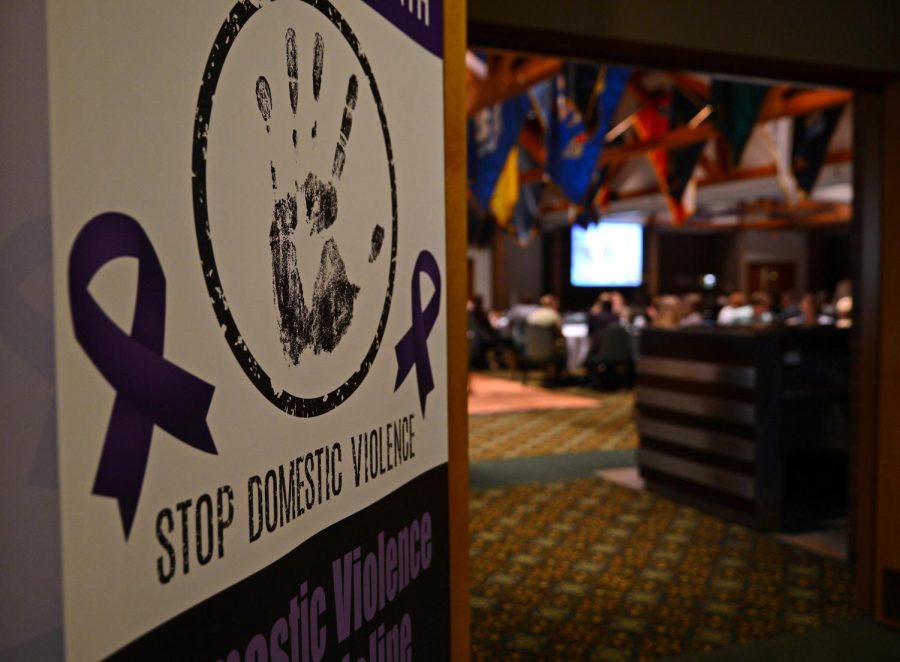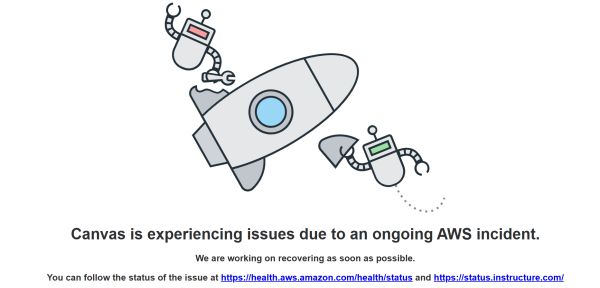How the Coronavirus is Affecting Women: Spikes in Domestic Violence Surge
While social distancing is effective for battling Coronavirus, it may have unintended consequences for women living in violent or otherwise unsafe homes. Today, millions of people are locked down in their homes, a place that could very well be far from a safe haven, and no one knows when they will be out. Coronavirus cases have reached over 3 million worldwide and over 1 million in the United States alone. Ninety-five percent of Americans have been in lockdown. What does this situation look like for people suffering from domestic abuse?
Domestic violence cases have been skyrocketing. Some experts call this a “shadow pandemic.” News source KSDK reports a 43% increase in calls related to domestic violence compared to March last year. Domestic abuse victims are left with no choice but to stay in dangerous conditions much longer than they normally would. The narrative also shifts when looking at those infected with the virus. According to Time magazine, people living with someone at risk of being infected suffer even more than those who are not in the same situation. Compared to most people living in lockdown regulations throughout the United States, these women have less leeway. Where even a small outing is impossible, their constant-isolation creates more danger. One woman tells a hotline receiver that her abuser has threatened to lock her out if she leaves. This woman, a victim in California, is in quarantine due to her severe asthma. She reported that her partner strangled her after she attempted to leave. The receiver advised her to seek medical help for her serious injuries, she said she was too afraid of being infected by Coronavirus herself, due to her pre-existing medical issues. The National Domestic Violence Hotline has been receiving an alarming number of calls from victims saying their abusers are using social distancing as an excuse to isolate them. One woman said, “My husband won’t let me leave the house\; He’s had flu-like symptoms and blames keeping me here on not wanting to infect others or bringing something like COVID-19 home. But I feel like it’s just an attempt to isolate me.” Her case is similar to countless others, people who are now even more trapped than before. According to NPR, Hospitals have been limiting time and staff allotted to other injuries not concerning the virus, making seeking help from domestic abuse injuries extremely difficult.
Due to the economic strain imposed by the virus, many social services for abused women have been greatly cut in funding. A vital part of leaving an abuser is saving up money. Ninety-nine% of cases concern financial issues, and numbers of cases are growing. As the primary reason that victims stay in their relationships, financial abuse is increasing in today’s circumstances. Financial independence is critical because it gives power back to the victims. By being in charge of their own finances, they have the resources to leave. Currently, doing so is nearly impossible because unemployment rates are increasing. CNN said, “The pandemic has shattered exit plans that some victims have spent months developing.” They report that women who had allocated or planned to allocate money towards leaving their abusers have been drained from their funds due to unemployment. Now, Officials are in uncharted territories in terms of finding a solution to these current circumstances. People are trying to fund social services to help domestic violence victims, but fundraising efforts are facing difficulty. The United Nations Women has also advised governments to create packages to allow women to have financial independence. These stimulus packages would offer a monetary backbone to victims. Depending on each unique situation, the amount of money would differ. The amount necessary for economic support would be provided. The UN Women also advises to dub social services targeting domestic violence essential. While solutions are developing, victims right now are isolated from not only other people but also the resources that could help them.

When not making art, browsing Goodreads, or writing for The Advocate, Features Editor Noor Ali '23 is active in SDLC, Model UN, and Albuquerque Academy's...







